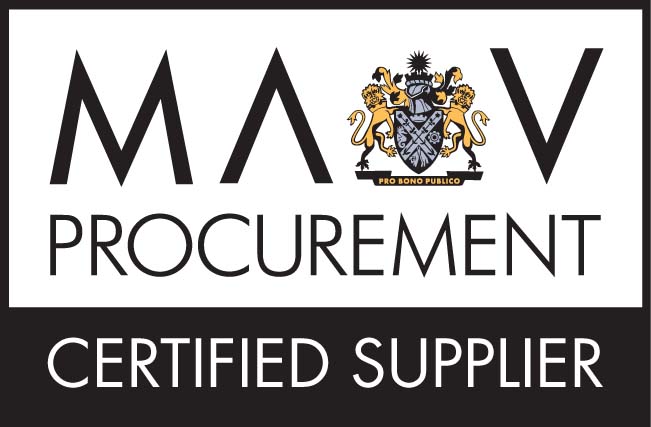What is business transcription?
Business transcription is a simple way of describing the variety of ways that transcription can and does help businesses function. Transcription is the conversion of speech into text. It may be direct, i.e. the conversion takes place just as someone speaks, or can be done later after a recording of the speech has been made. Until recently, transcription was the exclusive domain of human transcribers, who have developed expertise in listening to speech and converting it into text. More recently, a number of computer programs have been developed that attempt to replicate the task of transcription automatically.
Transcription may involve the conversion of speech in one language into text in the same language or may involve translation from one language into another, i.e. the transcriber directly translates what he or she has heard into text in another language. Transcription and translation together are less common than transcription alone.
Large corporations and organizations are more likely to use their own team of transcribers, while smaller businesses may hire transcribers for the less frequent number of times they need transcription services.
Which businesses need transcription services?
Most businesses use transcription services at some time or another, even if it is when someone in an office wants their secretary to type out a letter or email. This isn’t anything new as ‘stenographers’ as they were called in the not-too-distant past, were acting as transcribers.
The range of businesses that use and probably depend on transcription services is vast. Here are just some of the sorts of companies that use transcription services on a regular basis:
- legal firms;
- healthcare organizations, including the public healthcare service and private health providers;
- academic institutions;
- media and mass communication services;
- market research and consulting firms;
- scientific and technological businesses and organizations.
Why are transcription services needed by businesses?
There are many reasons why businesses and other organizations, public and private use transcription services. The actual range of needs for transcription depends a lot, of course, on the type of business or institution it is. For example, a common reason for transcription is during business meetings when several key people meet to discuss aspects of the business. What is said during the meeting and who said it is normally transcribed and then the text version is sent to each participant for their records. Having the meeting recorded in text lessens the chance of misunderstanding and confusion later on.
The demand for transcription and translation during business meetings is also high whenever there is an international conference or there are international delegates who are more comfortable expressing themselves in their own language. Usually, there are interpreters busy during the meeting so that everyone understands enough at the time so they can communicate and respond, but there is still a need for transcription and translation for reference after the meeting is over.
What are the types of transcription services?
As has already been referred to, there are three main types of transcription services. These are as follows.
- Direct transcription, in which the transcriber listens to the speech and transcribes it then and there. This type of transcription is used whenever the need for the text version is immediate or urgent. For example, it is common for court transcribers to transcribe the proceedings of a court case at the time the session is underway so that lawyers, judges and anyone else involved in the case have immediate access to the record.
- Indirect transcription. This is when an audio recording is made of what is said and then this recording is later transcribed and distributed to whoever needs the text version. Indirect transcription from audio recordings tends to be more accurate than direct transcriptions as the transcriber has more opportunity to go over the audio recording several times before being sure they
- Transcription and translation. This is when the text version of the converted speech is in a different language after the transcription has been translated.
Conclusion
If your business needs transcription services for different purposes, contact a professional transcription (and translation) service.


















